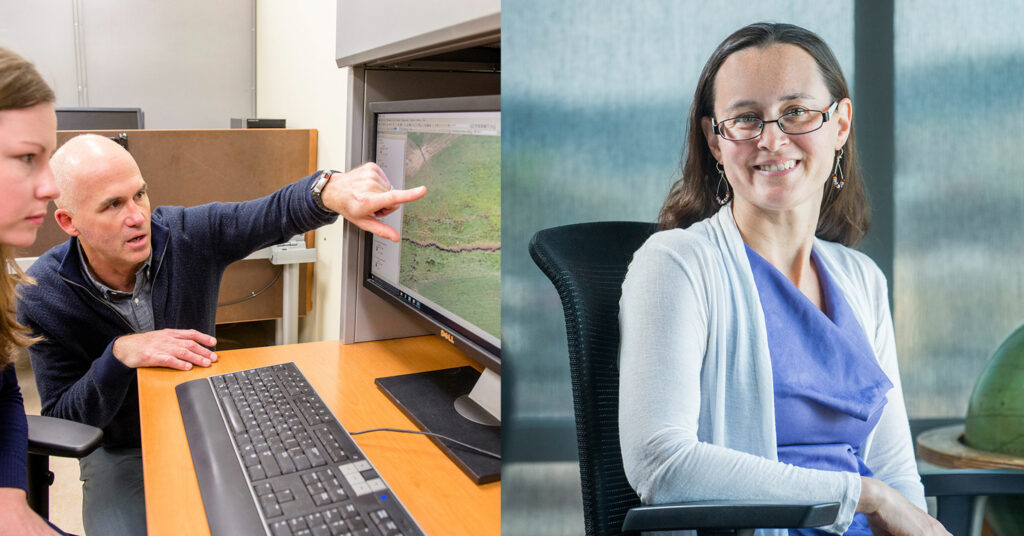State scientific experts will share what they learned during a five-year grant study that aimed to answer fundamental questions about two priorities aligning with both state and federal interests: water resources and astrophysics.
Maura McLaughlin, Ph.D., and Michael Strager, Ph.D., will highlight the work of West Virginia’s teams on Thursday, July 22 at 7 p.m. at Haddad Riverfront Park in Charleston. The National Science Foundation’s (NSF) Established Program to Stimulate Competitive Research (EPSCOR) funded “Waves of the Future,” a five-year, $20 million collaborative project, with the goal of supporting research areas of immediate importance. West Virginia focused on water resources and astrophysics.
Dr. Strager’s talk will focus on the Appalachian Freshwater Initiative (AFI). AFI worked to develop and apply innovative techniques and methods to improve understanding and management of the risks posed to water quality. Their goal was for the data collected to contribute to regional water quality management and protection while adding to the global conversation.
Dr. McLaughlin will discuss the Gravitational Waves (GW) project. West Virginia is home to the world’s premiere single-dish radio telescope at Green Bank Observatory. The GW team utilized this resource to enhance the state’s role in the worldwide effort to directly detect and characterize gravitational waves. Findings could lead to further studies exploring early universe cosmology, formation of galaxies, tests of general relativity, alternative theories of gravity, and more.
This event is free to the public and no registration is required. It is supported by the NSF EPSCoR grant with a goal of promoting the importance of research and education in science, technology, engineering, and mathematics fields.
